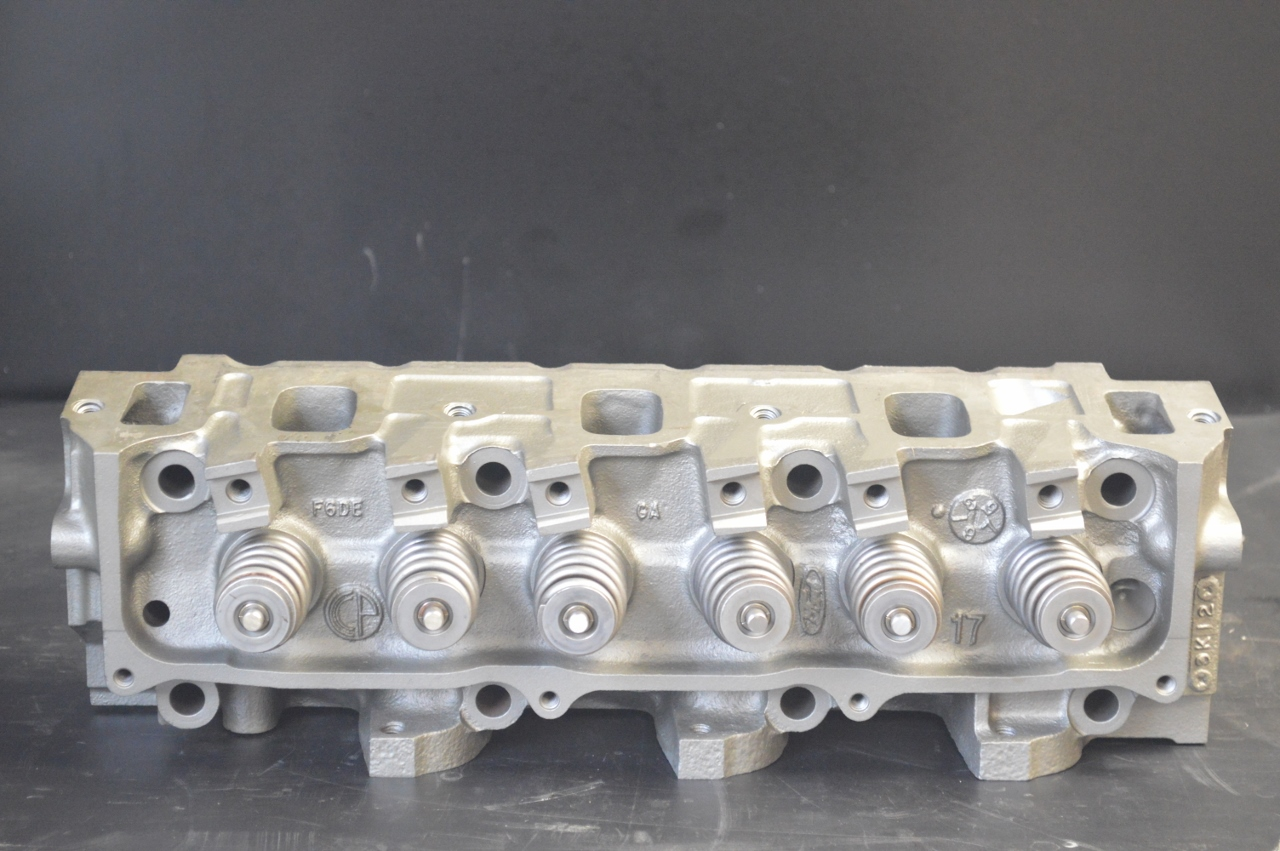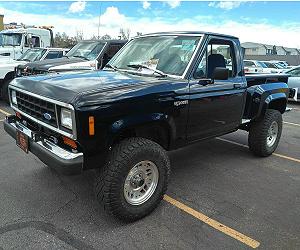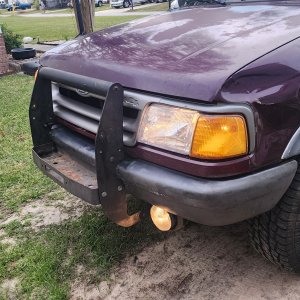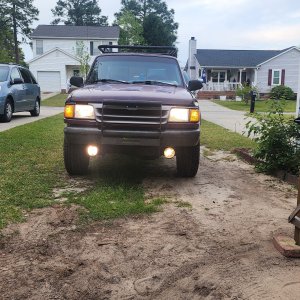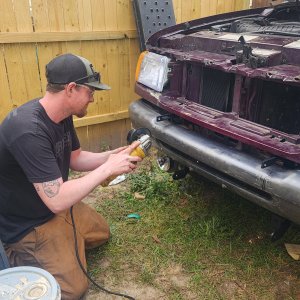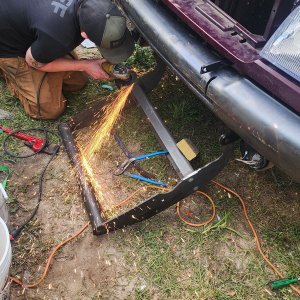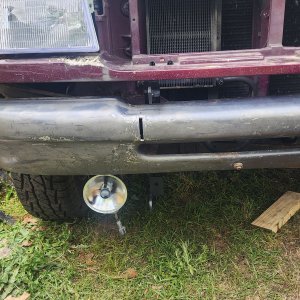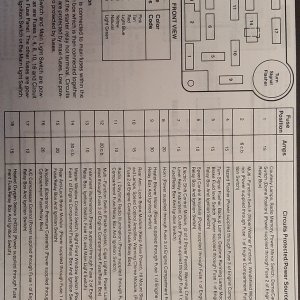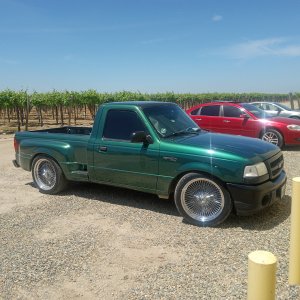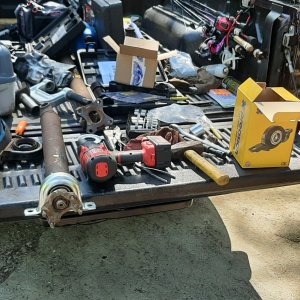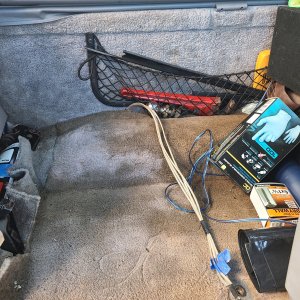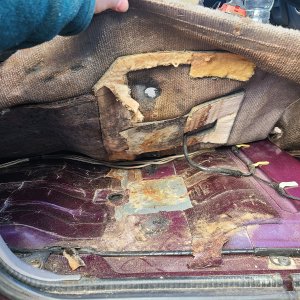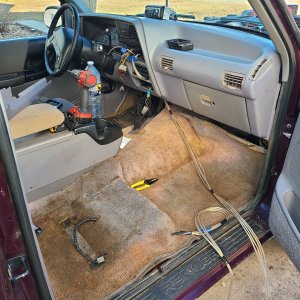- Joined
- Nov 7, 2022
- Messages
- 38
- Reaction score
- 4
- Points
- 8
- Location
- Texas
- Vehicle Year
- 2002
- Make / Model
- Ford RangerEDGE
- Transmission
- Automatic
Exploring my options to repair/replace the cylinder heads on my 3.0l engine. Came across a couple web-sites that offer "NEW" cylinder heads for these Ford engines.
The money issue is not my concern. Rather, its the quality of these replacement heads. I assume they are China produced (like everthing else now in our country) and it raises a bit of concern with me. Has anyone used these "NEW" heads and if so, how have they performed for you?
I believe these "NEW" heads are "bare". Any recommendations on what manufacturer I should look toward for the needed parts to build up these heads? I'm leaning toward Ford or Motorcraft. I've assembled cylinder heads in many years past so I have and idea how to perform this assembly BUT is there anything I should consider and/or need to do with these more modern heads if I chose to do the work myself?
The money issue is not my concern. Rather, its the quality of these replacement heads. I assume they are China produced (like everthing else now in our country) and it raises a bit of concern with me. Has anyone used these "NEW" heads and if so, how have they performed for you?
I believe these "NEW" heads are "bare". Any recommendations on what manufacturer I should look toward for the needed parts to build up these heads? I'm leaning toward Ford or Motorcraft. I've assembled cylinder heads in many years past so I have and idea how to perform this assembly BUT is there anything I should consider and/or need to do with these more modern heads if I chose to do the work myself?

